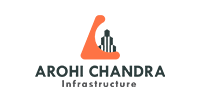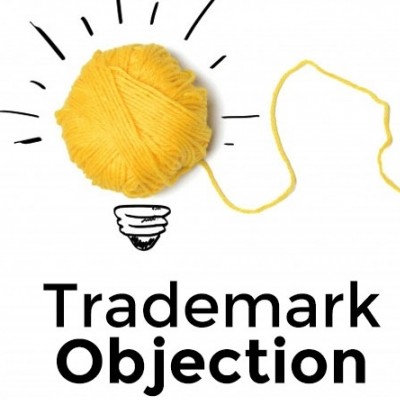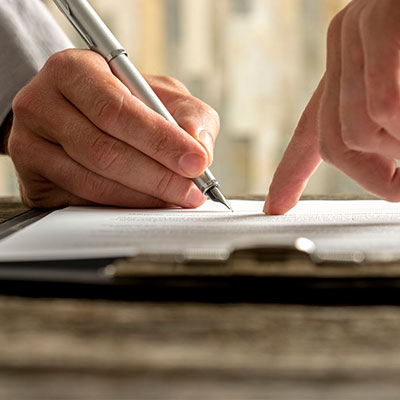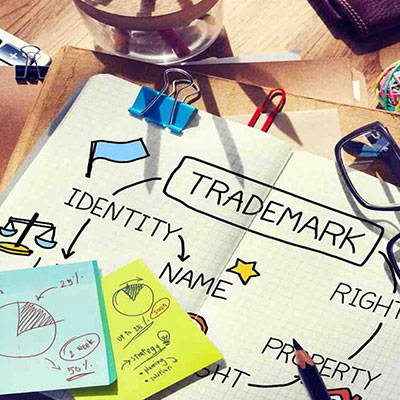The Trade Marks Office can, for several reasons, have objections to your trademark application. This perhaps because the word and logo is too similar to an existing trademark, because it could hurt religious sentiments or if it is likely to cause confusion, among several other reasons.
Trademark Rectification Services in Purnea, Bihar
Rectification is the legal procedure to correct (rectify) an error or an Fault that has been made in the details of a trade mark as recorded in the Trade Marks Register. Avyud Consultancy is a renowned business platform and a progressive concept, helping clients in India and abroad with end-to-end Incorporation, Compliance, Advisory and Management Consultancy services. Trademark rectification in India is easy, seamless, cheap and fast with Avyud Consultancy. Apart from trademark correction, Avyud Consultancy also helps you with trademark registration, trademark objection filing, trademark renewal, trademark assignment, trademark clearance and trademark protest services.
Contact Us for Trademark Rectification Services in Purnea

Who can Apply for Trademark Rectification?
Once the trademark has been registered, any person with ‘sufficient interest’ in the mark may apply for rectification provided that the application is not made in respect of a matter affecting the validity of the registration. A person or business for whom an error or omission in the register may have legal or economic consequences will have ‘sufficient interest’ to seek rectification.
What is The Effect of Trademark Rectification?
Removal of the mark from the trademark register unless proper evidence of usage is submitted by the trademark owner.
It’s not merely enough that you have applied for and registered a trademark, the main purpose of the law is to protect people who have been using the trademark. It’s not some right that you can just sit on stop others from using by being the proverbial ‘dog in the manger’, its important the use the trademark that you have registered.
While the records of the Indian Trademark Office, I’m sure, have several registered marks which aren’t being used, I believe providing an affidavit of actual usage of the mark at the end of every five years or at the time of renewal (as with many jurisdictions) will solve a lot of problems in India and keep the register clean.
Speak to Our Expert
Rectification of Registered Trademarks
- The rules and regulations governing the Trademark in India and its background should be aware by the common man to have clarity on the topic and make the topic more fruitful.
- Before going into the discussion of rectification of registered Trademark, some of the highlights of Trademark laws in India and its background are inevitable to understand the topic in totality.
- Earlier cases pertaining to Trademarks were decided on the basis of section 54 of Specific Relief Act, 1877, while the registration for obtaining ownership was secured under Indian Registration Act, 1908.
- The Trade and Merchandise Marks Act, 1958 has been revised and repealed by The Trade Marks Act, 1999 to comply with the provisions of TRIPS (Trade related aspect of Intellectual property rights) Agreement, 1995.The bill received the assent of the president on 30th Dec-1999 and became an act.
- The first Trade Marks law in India was enacted in 1940, before that it was based on common law system which was followed in England before the enactment of Registration Act, 1875.
- The first Trade Marks Act, 1940 was replaced by The Trade and Merchandise Marks Act, 1958.
- The later Act consolidates the provisions of Trade Marks Act, 1940. The Indian Merchandise marks act, 1889 (Which was in force since 1899) and the provisions related to Trademarks in the Indian Penal code.
Why Choose Us for Trademark Rectification Services
Our Happy Client






FAQs for Trademark Rectification Services
What is Trademark Rectification?
Any changing, alteration, or rectification in any registered trademark or in the Register of Trademarks in any country, is commonly known as trademark rectification or rectification of the trademark register. The term trademark cancellation is also used, especially in the case, when an application is filed for removal of any previously registered trademark (or service mark) from the register of trademarks. This very informative webpage offers exclusive and hugely beneficial information regarding the trademark rectification in india, applicable to trademarks and service marks related with all 45 classes of the Nice classification.
In India, the Chapter VII of the Trade Marks Act of 1999 contains provisions and rights regarding the trademark rectification and cancellation in entire India. In general, the application for trademark rectification is filed by the owner of the registered trademark, and the application for trademark cancellation is filed by any other aggrieved (third) person or entity for the purpose of removing any registered trademark of any other person/entity from the national register of trademarks. The trademark rectification means making any changes or refinements in any previously registered trademark/service mark by the owner of the trademark itself. However, this demand may also be filed by any other person or entity unfairly affected. Solid and convincing evidences are to be submitted by the applicant, especially in the case of removal of any registered trademark of any other person/entity from the register of trademarks.
Who can File for Rectification of the Register?
Any aggrieved person may file for rectification of the register on grounds of non-use of the trademark. Though the meaning of “aggrieved persons” hasn’t been explicitly defined in the act, it has however been interpreted by the Courts to mean persons who are in some way or the other substantially interested in having the mark removed from the register or persons who would be substantially damaged if the mark remained.
So an aggrieved person includes person who believes that he is being damaged by the registration; someone who has an earlier pending trademark for the same mark; the owner of an earlier registered trademark; basically, any person who is in some way or other substantially interested in having the mark removed and includes persons who are substantially damaged or prejudiced if the mark remained on the register.
What Arguments Can a Party State for Opposition?
An opposing view can be split into two categories; absolute grounds and relative grounds. An absolute ground is when a company opposes the trademark due to defects in the mark itself.
When the trademark describes the product and/or service
- It is generic of the goods/services
- It is not distinctive to that brand/Fraud
A relative ground covers any argument based on the fact that the trademark would cause conflict with an already established mark, which belongs to the Opposer. The most common of which are:
- Confusion between the brands
- Bad faith
- Name use
- Known mark
It is important to remember that anyone can oppose the rights to a new trademark based on absolute grounds, but only the holder of a prior mark, to which the new mark would cause conflict, can oppose on relative grounds.
Trademarks Offer Identification
- Trademarks are unique so that goods or companies can be identified. A trademark defines a company and protects consumers from being misled to work with reputable companies.
- Trademarks also help consumers identify a source. This identification allows consumers to make value judgement about products before they purchase them.
What is Trademark Registration?
Trademark registration is a legal process provided under the Trade Marks Act, 1999. Through trademark registration or you can say logo registration/brand registration, you can protect your brand or logo by restricting other people from using it.
What can be Registered as a Trademark?
A phrase, word, symbol, device, or even a color is eligible for trademark. Whatever sets your party or company item apart from another is worthy. However, the item must be used in a business setting to receive protection from the law. Trademarks have a protection period of 10 years.
Our Other Trademark Service in Purnea, Bihar
Trademark Opposition
Everybody know a lot about Trademark Registration, now it’s also important to know about what may happen after trademark registration in India. Let us understand the concept of opposition, generally opposition as the name suggest means the act to register a disagreement with something.
Trademark Renewal
Registered trademarks have a 10-year legitimacy and can be reestablished inconclusively. Regardless of whether you’ve overlooked, as even vast associations have a tendency to do, you will be sent a notice to the enlisted address with respect to the expiry before the a half year is up.





